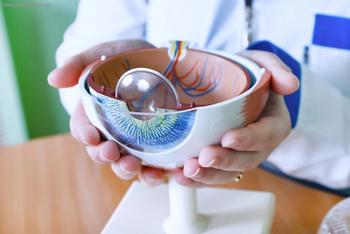
Jason Menzo is named CEO, while Russell Kelley, PhD, MBA, will become managing director of the RD Fund. Ben Yerxa, PhD, will take the helm of Opus Genetics, the first RD Fund- and foundation-backed spin-off company.

Jason Menzo is named CEO, while Russell Kelley, PhD, MBA, will become managing director of the RD Fund. Ben Yerxa, PhD, will take the helm of Opus Genetics, the first RD Fund- and foundation-backed spin-off company.

Researchers believe this may be the first report of the use of topical brimonidine gel for the treatment of eyelid ptosis associated with cosmetic use of botulinum toxin.

A study by Orbis International found that children with myopia experienced significantly higher levels of depression and anxiety than their peers without vision impairment.

Foundation Fighting Blindness is among a group of investors offering financial support for Nacuity’s efforts to stop oxidative tissue damage, a driver of blinding eye diseases.
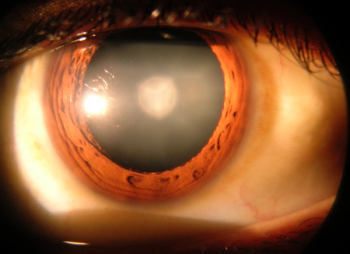
According to the organization, the eBook content is designed for residents, ophthalmologists, fellows, medical students and other professionals performing or supporting cataract surgery.

As dexamethasone adds indications, a study confirms efficacy of punctal occlusion for allergic conjunctivitis.
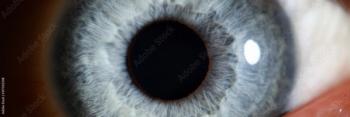
The treatments typically include application of heat, lid hygiene, and massage of eyelid.
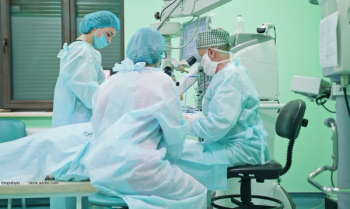
Having a comprehensive team of ophthalmic specialists in place means patients could have multiple issues treated in a single procedure that might require two surgeries otherwise.


The study investigates 3-year intravitreal implant in eyes with active noninfectious posterior uveitis.
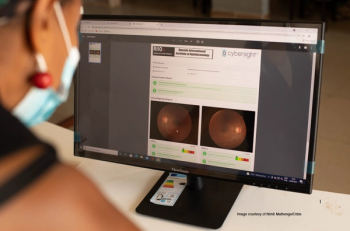
The research from eye care nonprofit Orbis International focuses on diabetic retinopathy in Rwanda, where associated vision complications from diabetes are growing.

The systems could be in the hands of surgeons in the third quarter through a targeted initial launch, according to the company.

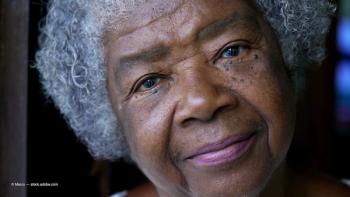
Study demonstrates results of pegcetacoplan as a geographic atrophy therapy.
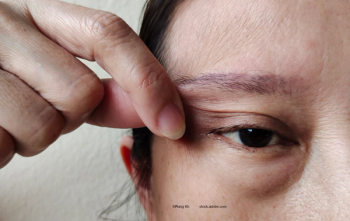
The rare disorder is often a delayed or misdiagnosed condition, resulting in unnecessary referrals and imaging.
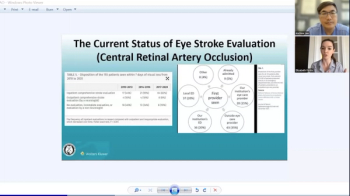
On this week's episode of the NeuroOp Guru, Andy Lee, MD, and Elizabeth Fortin, MD, discuss the current status of eye stroke evaluations for CRAO.

The Phase 3 registrational study is examining AR-15512, a differentiated, novel product candidate for the treatment of the signs and symptoms of Dry Eye Disease

According to the companies, Kala will receive $60 million in upfront payment, and could be eligible to receive additional sales-based milestone payments.

Attention to details can help to deliver patients consistent, quality outcomes.

Clinicians discover the ptotic facial side of the face was the nondominant side of the face in a recent study.

There’s a new alternative to LASIK in the United States. In March of 2022, the FDA approved STAAR Surgical’s EVO/EVO+ VISIAN Implantable Collamer Lens (ICL) and Toric Implantable Collamer Lens (TICL).
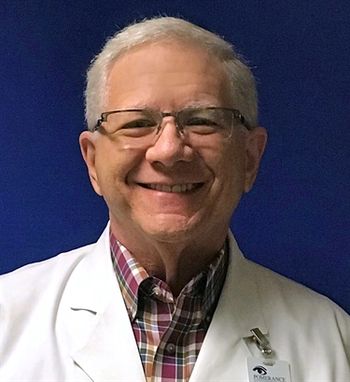
Tennessee Academy of Ophthalmology’s doctor of the month shares what excites him about ophthalmology, his biggest career challenge, and chocolate as his favorite comfort food.
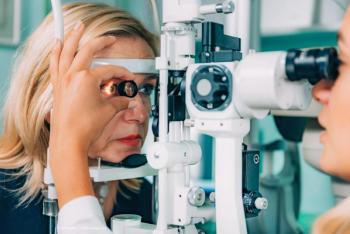
Investigators find the recognition could improve surveillance of the disease.

A discovery by investigators at the National Eye Institute sheds light on tissue targeted by age-related macular degeneration and other diseases.

The Eye Van, operated by Vision Loss Rehabilitation Canada, is a mobile medical clinic that delivers eye care in northern Ontario communities where ophthalmology services aren't readily available.